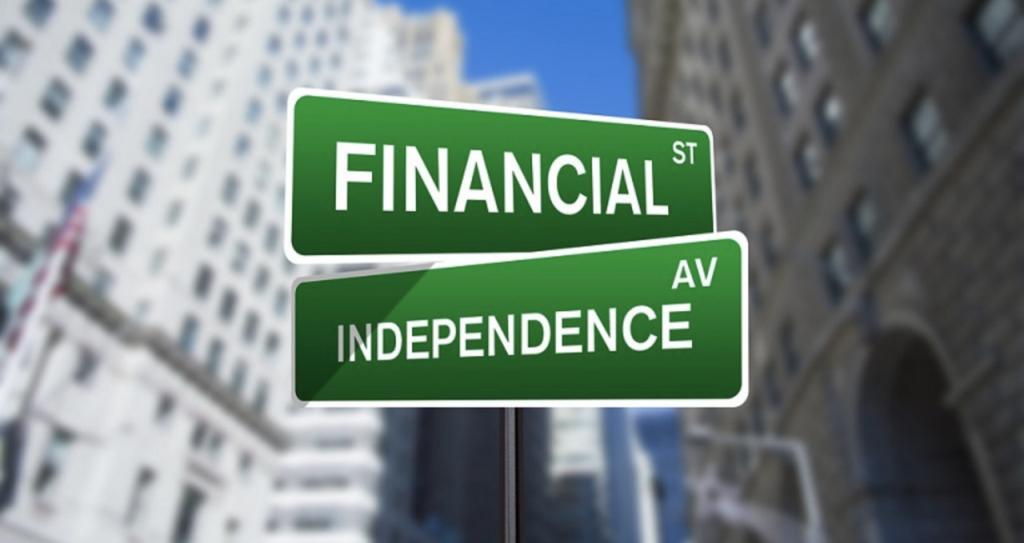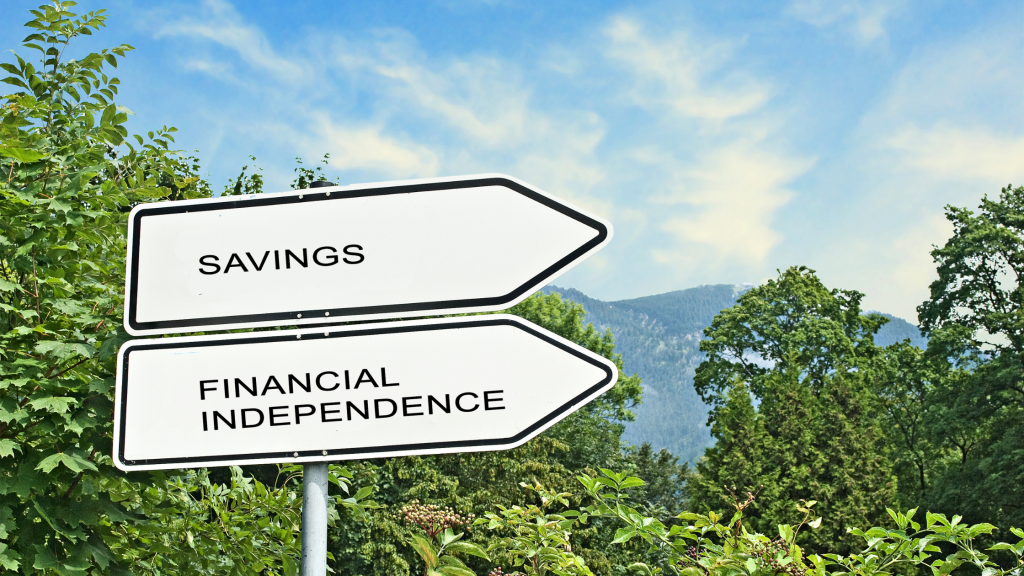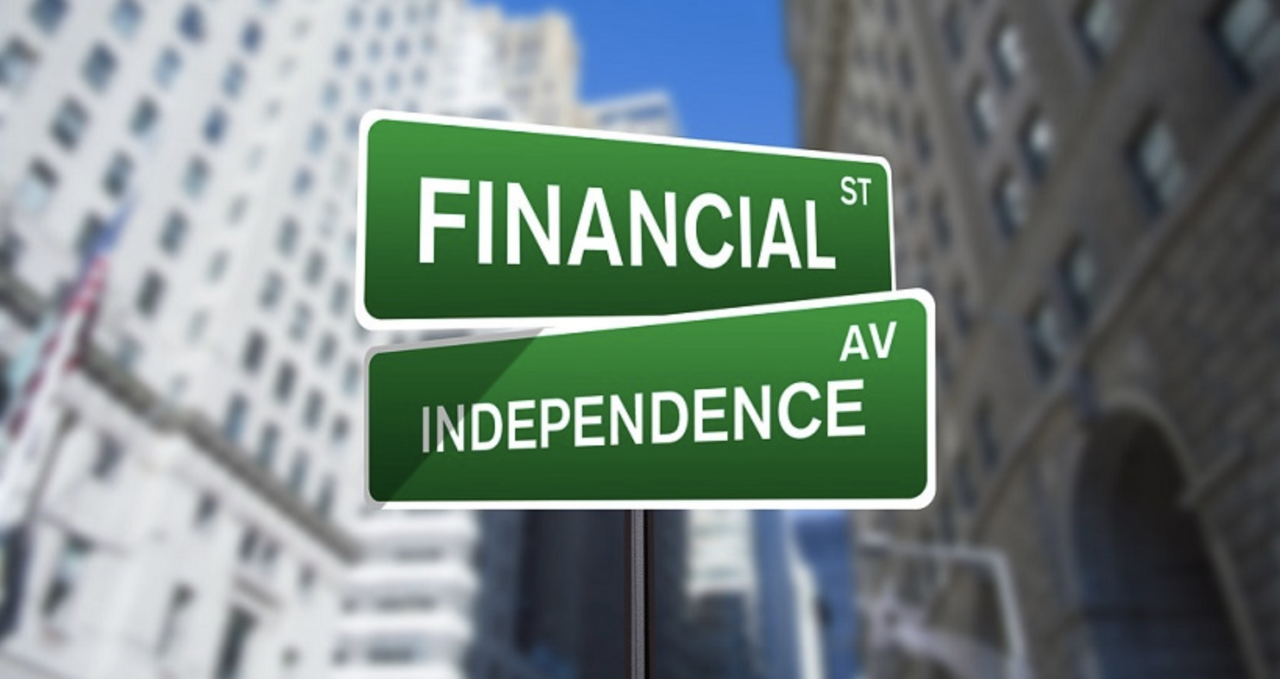“It’s not how much you make; it’s how much you keep”
In our consumer-driven world, why are some people able to hang on to their money, and others aren’t? Why are some people rich and yet broke?
You see, many people spend so much of their free time thinking of spending money. We all know how to shop and be consumers but many people don’t even know how to save, invest or work on their financial stability. Sometimes people think that they “save” when they shop because of the many discounts, vouchers and offers, but unfortunately, most of the time they’re just actually spending money. Money that we earned and even money that we don’t have.
Do you want to be rich?
Even those that aspire a simpler life, have dreamt of having money to buy things that they want. Of course, it’s true that money can’t buy you happiness and success is not limited to having a large bank account, but we all have seen the many positive impacts that money can bring into our lives and the lives of the people that we cared about. The goal is not to have lots of money but rather to be financially successful, or at least achieve a certain level of financial independence where you can make a significant positive impact to the people around you and the society at large.
To be rich is to have financial independence, but what does that actually mean?

Financial Independence
You are financially independent when you have enough income from your investments to live the lifestyle you want without working another day in your life. Again, this depends on the lifestyle that you want. So fortunately, it can happen on a relatively small income and at any stage of a person’s life. Basically, you just need to have a monthly income that exceeds your monthly expenses – for the rest of your life.
From Salary to Income
For many, their basic source of income comes from salaries. Salary is the amount of money you are paid on a regular basis in exchange for work done. Income on the other hand is the amount of money you are able to generate from a variety of sources, including but not limited to your salary.
I mentioned this because one of the most common complaints you can hear from people who think that they have no way of becoming rich or achieving financial independence is: “I only have a small salary.”
While having a salary is a good way to become financially independent because that means you have a steady (and predictable) flow of cash that, with proper planning and discipline, can be a basis for budgeting and saving.
But first, you need a job that allows you to make the most of your salary to help you save and utilize your money for other money-generating activities or investments.

Here are some tips on how you can achieve financial independence and abundance through the art of saving money:
ALWAYS HAVE A BUDGET
Many people already have some idea on the importance of budgeting but how good is your budgeting?
The key to successful budgeting is knowing where your money goes first. It can be as simple as listing down all your income and expenses – but it has to be done consistently so you’ll be able to see the trends and use it to help you manage your finances in the future. There are a lot online tools and apps that can help you with this. I am personally using the Money Manager app on my phone.
You may also use a Family Budget Planner or a Budget Planning Calculator to help give you a birds-eye view on the amount you can allocate to your monthly expenses based on your projected income.
PLAY THE GAME OF NOT SPENDING MONEY
The most common challenge many face in trying to save is the universal tendency to spend, spend and then spend some more. Saving money is boring in a society constantly flooded with products that you don’t actually need but with very convincing ads. So why not turn saving into a game? The rules are simple: you only need to outsmart your compulsion to spend and give yourself points every time you win.
Here are a couple of cheat codes you can use for this game:
- Never spend more than what you earn or the amount that is in your wallet right now.
- Avoid impulse buying and always be smarter than the seller.
- Stay away from credit cards – it’s not money but toxic debt. Use it only on emergencies or never.
- Keep a small wallet and stay away from ATMs, never carry more cash than what you are going to need.
- Identify and remove income-wasting habits like eating at fancy restaurants or gambling-related activities.
Saving and budgeting is all about practicing self-discipline which means faithfully and constantly committing to the choices that we have made. When you save or follow a certain budget, you actually follow your own choice to make yourself financially secure.
TURN SAVINGS INTO INVESTMENTS
Saving money by itself is already an investment. Every amount that you keep as savings is an investment to your soon-to-be financially independent future.
Formulate a realistic savings plan, even if it’s just a few dollars each month. Starting out small is okay and normal. The goal is to develop the habit of saving and gradually increase the amount you save. The larger the savings, the larger the opportunities for more investments. Strategic, disciplined savings can have enormous, long-term benefits.
Investing is actually the best way to make your money work for you even when you’re not working. In other words, it gives us passive income, and passive income is the key to becoming rich and achieving financial independence.
Here are some of the best-known forms of specific investments that are readily available to everyone:
SAVINGS ACCOUNT – the easiest and most convenient kind of investment you can make with a bank that provides you around 3-7% of interest annually. To find out how much savings you can make, you can use a savings calculator tool readily available online. I recommend you check out calculator.me because they have a wide array of free financial calculators on their site.

US DOLLAR ACCOUNT – putting your savings on a dollar account especially during times of economic uncertainties is very valuable. The dollar is recognized internationally as the benchmark for any foreign exchange transaction because of its relative stability. The dollar appreciates as the local currency depreciates.
TIME DEPOSIT – Basically you earn more depending on the amount of time you have allowed the bank to hold your money without any withdrawal.
TRUST ACCOUNT – Your money is placed by the bank on various high yielding investments where both you and the bank could earn more profit.
MUTUAL FUND – Similar to a trust account but this is a corporation or partnership where money from different investors are pooled together and managed by a team
T-BILLS / NOTES – These are bond type securities offered by the government also through banks with maturity dates ranging from a few days to 30 years.
INSURANCE – These funds ranges from lifetime security for you and your beneficiaries or to immediate needs such as an education plan for your kids or a pension plan when you retire.
BUSINESS – Investing in a business is a high risk activity but when done properly can provide you with more stability and options to generate more income
STOCKS – Investing in stock shares is becoming a partial owner of a corporation or a company. As the corporation grows in profit, so does your share of stocks.
REAL ESTATE – Many people are more comfortable investing in real estate instead of shares because land is tangible and has no known depreciation value. Also, it’s more stable and fixed compared to shares. The only disadvantage is that it’s not promptly convertible to cash and you have to contend with annual taxes.
GENERAL ITEMS – Jewelries, particularly gold, is considered as one of the best items you can invest in. Other items which may appreciate through time are artworks and antiques.
It’s liberating to save enough money to be debt free and to invest. It gives you more control of your life. And remember, financial independence is a journey not a destination – so make happiness – not wealth – your ultimate goal!
- Google to Use DHL Express GoGreen Plus Service - July 27, 2024
- Taiwan at the Forefront of Green Economy - July 26, 2024
- Discover Tohoku in the Summer - July 25, 2024








